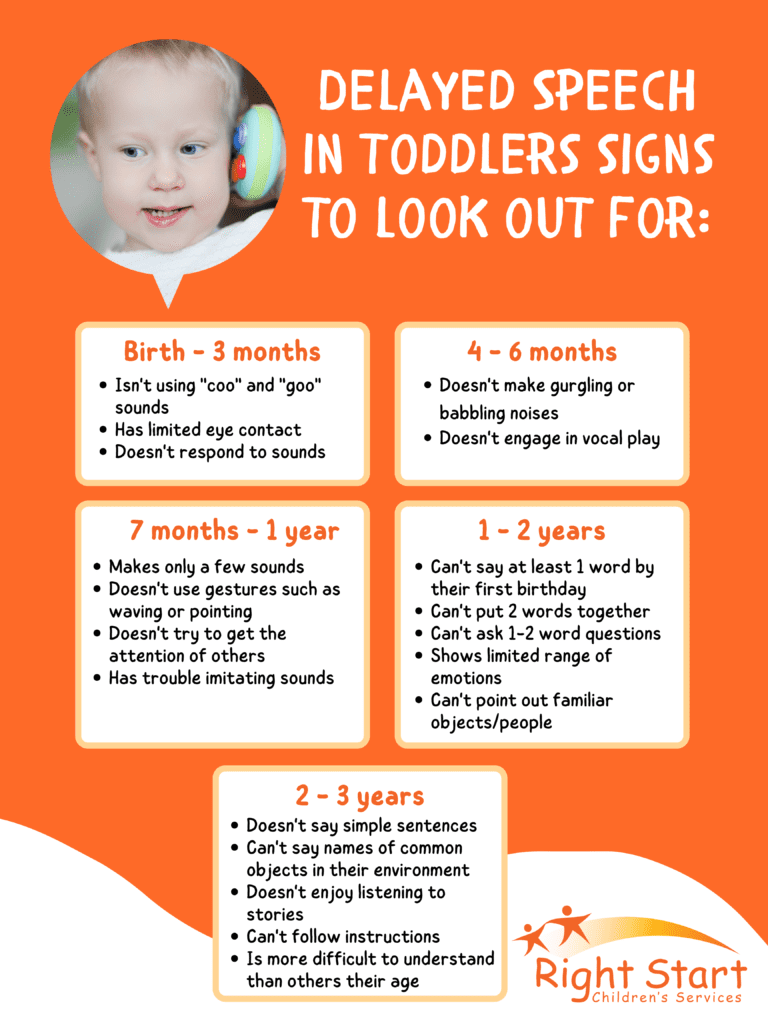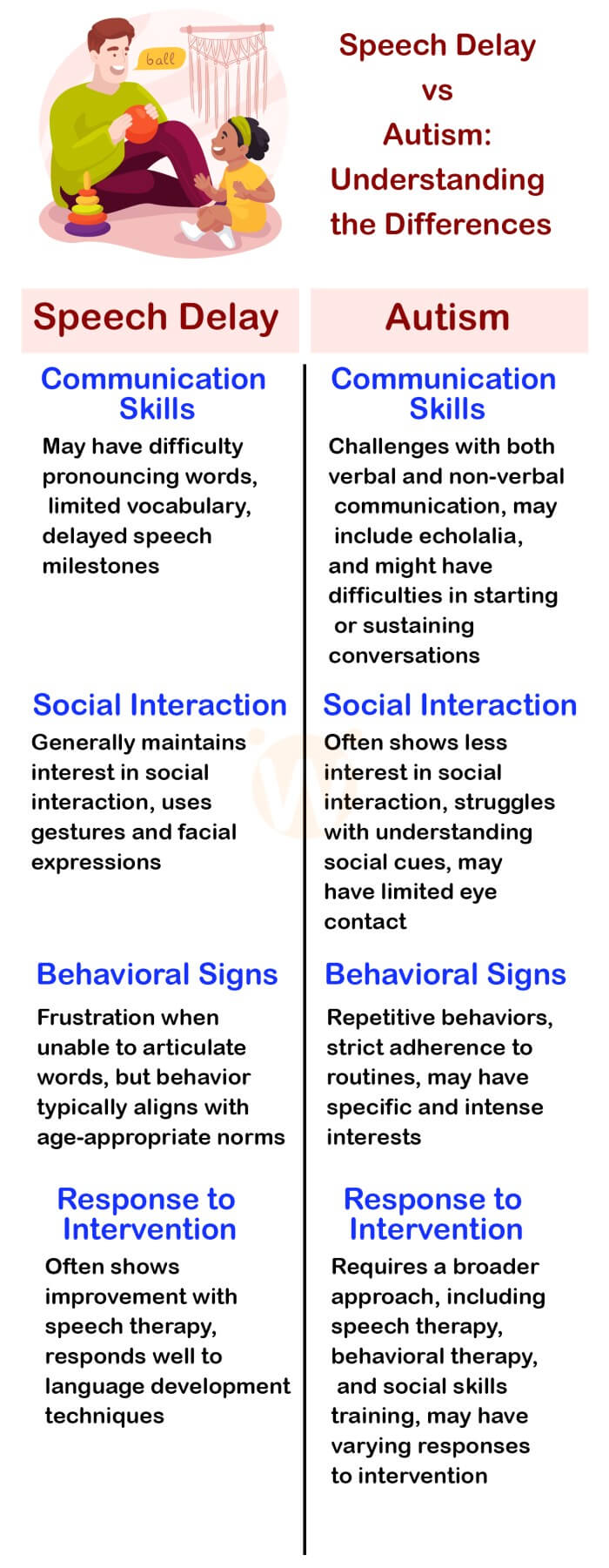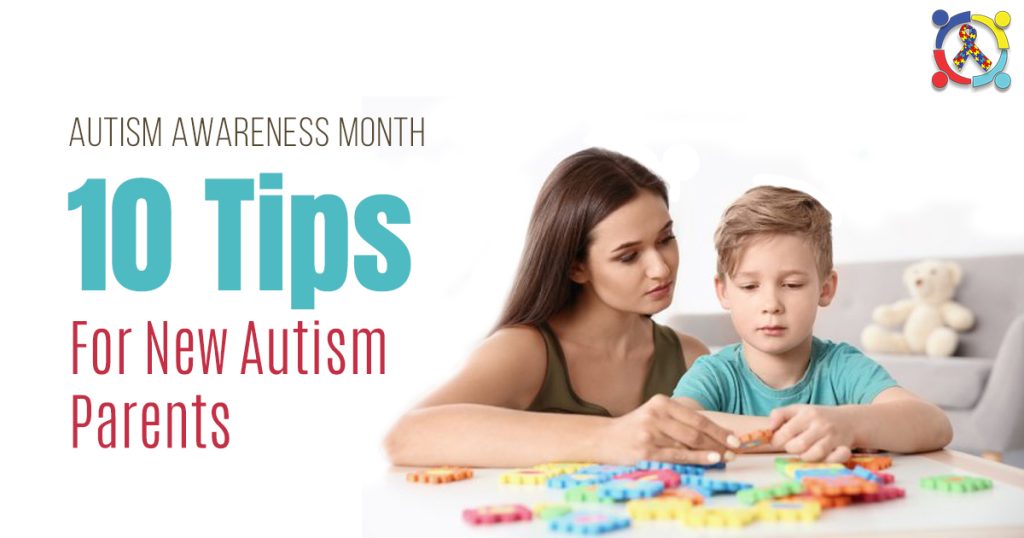Are you worried about your child’s speech development? It’s natural to compare your little one’s progress to that of others, and noticing differences can be concerning.
Speech delay is a common issue that many parents face, yet it often leaves you with more questions than answers. What exactly is considered a speech delay? How can you tell if your child might need extra support? This guide is crafted specifically for you—providing clear, straightforward answers to help you understand what speech delay really means.
Dive in to gain peace of mind and discover the next steps for supporting your child’s communication journey.
Speech Development Milestones
Understanding speech development milestones is crucial for parents. These benchmarks guide expectations for a child’s communication growth. Speech milestones provide a framework for assessing normal speech development. They highlight typical language abilities at various ages.
Typical Speech Growth Stages
Children progress through predictable speech growth stages. Babbling starts around 4 to 6 months. They experiment with sounds and tones. By 12 months, children often say their first words. Two-word phrases emerge at about 18 months. By age three, sentences become clearer and longer.
Age-specific Language Skills
Each age brings specific language skills. At age one, children use simple words. “Mama” and “Dada” are common examples. By age two, vocabulary expands to around 50 words. They start using simple two-word combinations. Age three marks a leap to around 200 words. They can form three-word sentences and follow simple instructions.
By age four, children speak clearly. They use complete sentences. Their vocabulary grows rapidly. They learn new words daily. Engaging in simple conversations becomes possible. Understanding these milestones helps identify speech delays early.

Credit: www.rightstartservices.com
Signs Of Speech Delay
Understanding the signs of speech delay is crucial for early intervention. Speech delay refers to a child’s difficulty in developing speech and language skills. Recognizing these signs early helps in addressing potential underlying issues. This section will explore the indicators of speech delay in toddlers and older children.
Indicators In Toddlers
By 12 months, toddlers should use a few simple words. Words like “mama” or “dada.” If a toddler isn’t babbling by 15 months, it might signal a delay. By 18 months, a child typically uses at least ten words. Limited vocabulary at this age can be concerning. Trouble understanding simple requests also signals a delay. Toddlers usually follow basic instructions by 18 months.
Recognizing Patterns In Older Children
By age 2, children should form two-word sentences. If a child struggles with this, it may indicate a delay. Difficulty pronouncing words is another sign. By age 3, most children can speak clearly enough for strangers to understand. Struggles with clarity might suggest a delay. Trouble with social interactions can also be a red flag. Speech delays often affect how children engage with peers.
Causes Of Speech Delay
Understanding the causes of speech delay can help you navigate concerns about your child’s language development. Speech delay can stem from various factors, each impacting how a child communicates. Identifying these causes can be crucial in determining the best approach to support your child’s speech development.
Genetic Factors
Did you know that genetics can play a significant role in speech delay? If someone in your family had speech delays, your child might experience similar challenges. It’s essential to consider your family history when assessing speech development concerns.
Research shows that certain genes associated with language skills can influence speech development. If your child shows signs of delay, it might not be something you did or didn’t do. Instead, it could be an inherited trait.
Environmental Influences
The environment your child grows up in can significantly impact their speech development. Imagine a child surrounded by constant conversation versus one who is often in silence. Which child do you think would develop speech skills faster?
Exposure to language-rich environments, like storytelling and regular interaction with peers, can boost speech development. Conversely, limited interaction may contribute to delays. Consider how much daily conversation your child experiences.
Neurological Conditions
Some speech delays are linked to neurological conditions. It’s more common than you might think. Conditions such as autism spectrum disorder or cerebral palsy can affect speech development.
If your child struggles with speech, evaluating their neurological health might provide insights. Early diagnosis and intervention can be pivotal. Have you considered consulting with a specialist to assess any underlying neurological issues?
Understanding the causes of speech delay can empower you to take proactive steps. By recognizing potential factors, you can better support your child’s journey to effective communication.

Credit: www.gigis-kids.com
Impact On Child Development
Speech delay in children means not meeting typical language milestones. It’s when kids struggle to express words or sentences at expected ages. This can affect their communication and social skills, impacting overall development. Early intervention helps improve language abilities and boosts confidence.
Speech delay can significantly impact a child’s development, affecting various aspects of their life. Understanding how speech delay influences growth can help you support your child effectively. Let’s delve into how speech delay affects social interactions and academic performance.Social Interaction Challenges
Children with speech delay often face difficulties in connecting with peers. Imagine your child at a playground unable to join a conversation. This can lead to feelings of isolation. Speech is crucial for expressing thoughts and emotions. Without it, children might struggle to form friendships. They may feel left out during group activities, leading to frustration. Parents can help by encouraging non-verbal communication, like gestures or pictures. This can bridge the gap until speech develops. Have you tried using visual aids during playtime?Academic Implications
Speech delay can also hinder academic progress. In school, children are expected to follow instructions and participate in discussions. If your child struggles with speech, they might find it hard to keep up. Reading and writing skills are often linked to verbal communication. A speech delay might slow down literacy development, affecting overall learning. You can support your child by collaborating with teachers. Discuss strategies like personalized learning plans or speech therapy sessions. How can you ensure your child receives the help they need? Identifying speech delay early is crucial. It allows for timely intervention, minimizing its impact on social and academic development. What steps will you take today to assist your child’s growth?Diagnosis And Evaluation
Understanding speech delay involves knowing how experts diagnose and evaluate. Recognizing signs early helps in addressing potential challenges. The process usually starts with a thorough assessment by professionals. It’s crucial to determine whether a child’s speech development aligns with typical milestones.
Professional Assessments
Professional assessments provide a clear picture of a child’s speech abilities. Specialists conduct various tests to evaluate language skills. These tests measure the child’s vocabulary and ability to form sentences. They also consider the child’s understanding of words and phrases. Observations during play or conversation offer insights into communication skills.
Some assessments might involve parental interviews. Parents share their observations of the child’s communication at home. This information complements the formal tests, creating a comprehensive understanding. The goal is to identify any gaps in speech and language development.
Role Of Speech Therapists
Speech therapists play a vital role in evaluating speech delays. They work with children to improve communication skills. Therapists use techniques tailored to each child’s needs. These include exercises to enhance articulation and language comprehension.
Therapists often collaborate with other professionals. They ensure a holistic approach to speech development. Regular sessions with a therapist can significantly improve speech abilities. Parents receive guidance on supporting their child’s communication at home.
Speech therapists also track progress over time. Adjustments to therapy plans help achieve better outcomes. Early intervention increases the chances of overcoming speech delays.
Treatment Options
Speech delay is when a child struggles to speak at the expected age. Treatment options include speech therapy and home practices to improve communication skills. Early intervention is crucial to address developmental challenges effectively.
When it comes to addressing speech delay, various treatment options can help your child develop their communication skills. The key is to find an approach that suits your child’s needs and fits your family’s routine. Treatment options are designed to be supportive and effective, focusing on your child’s unique challenges. Let’s dive into some practical solutions that can make a significant difference in your child’s speech development journey.Speech Therapy Techniques
Speech therapy is often the cornerstone of treatment for children with speech delays. Therapists use a variety of techniques tailored to your child’s specific needs. One common approach is articulation therapy, which helps your child learn how to produce specific sounds. This can involve fun exercises like repeating words or using flashcards. Another technique is language intervention activities. These activities aim to build your child’s vocabulary and understanding of language through games and storytelling. Picture books and interactive play can serve as tools to expand your child’s linguistic world. Therapists may also use oral-motor exercises to strengthen the muscles used in speech. Simple tasks such as blowing bubbles or using a straw can help improve muscle coordination. Have you noticed how such small activities can significantly enhance your child’s ability to form sounds and words?Parental Involvement And Support
Your role as a parent is crucial in your child’s speech development. Being actively involved in the process can accelerate progress and make therapy more effective. You might wonder, how can I help? Start by creating a language-rich environment at home. Engage your child in conversations, even if they are not yet verbal. Describe your daily activities and encourage them to respond in their way. Reading together is another powerful tool. Choose books with colorful pictures and repetitive phrases that invite your child to join in. Consider setting aside dedicated time each day to practice speech exercises recommended by your therapist. Consistency is key, and your encouragement can make these sessions enjoyable rather than a chore. Have you ever noticed how much your enthusiasm and support can motivate your child? In summary, treatment options for speech delay are diverse and adaptable. Whether through professional therapy or your involvement at home, each effort contributes to your child’s communication skills. What steps will you take to support your child’s speech journey today?Prevention Strategies
Speech delay refers to a child’s slower development in speaking compared to peers. Early detection is crucial for effective intervention. Understanding causes and implementing prevention strategies can help support speech development.
Speech delay in children can be concerning for many parents. Understanding prevention strategies is essential. Parents can encourage early communication and create a stimulating environment for their child’s growth. These strategies are simple yet effective, helping children develop communication skills naturally.Encouraging Early Communication
Start talking to your child from birth. Use simple words. Describe daily activities. This helps build their vocabulary. Singing songs can be beneficial too. Songs make learning fun. Read books together. Choose colorful picture books. Point out objects in the book. Ask questions. Engage them in simple conversations. Listening is crucial. Pay attention when they try to speak. Respond positively. This builds their confidence.Creating A Stimulating Environment
Create a space that sparks curiosity. Fill it with toys that promote learning. Puzzles and building blocks are good choices. They enhance problem-solving skills. Limit screen time. Encourage playing outdoors. Nature offers endless learning opportunities. Introduce them to different sounds. Musical instruments can be helpful. They stimulate auditory senses. Interact with other children. Social play aids communication. It teaches sharing and listening. Keep conversations lively. Use gestures and facial expressions. This helps them understand non-verbal cues.
Credit: www.mywellnesshub.in
Frequently Asked Questions
At What Age Is Speech Considered Delayed?
Speech is considered delayed if a child isn’t using words by 18 months or sentences by 2 years. Early intervention is crucial for better outcomes. Contact a speech therapist if concerned.
What Is Considered A Late Talker?
A late talker is a child under 30 months who speaks fewer than 50 words. They may struggle with combining words into simple phrases. Early intervention can help improve their language skills.
At What Age Should I Worry About My Child Not Talking?
Parents should be concerned if their child isn’t talking by 18 months. Early intervention is crucial for speech development. Consult a pediatrician if your child shows signs of delayed speech. Social interaction and hearing also play important roles in language skills.
When To Refer For Speech Delay?
Consult a specialist if your child shows speech delay signs beyond 18 months. Early intervention is crucial. Speech delay could indicate underlying issues, so timely evaluation helps. Regular monitoring of speech milestones aids in identifying potential delays. Seeking professional advice ensures proper guidance and support for your child’s development.
Conclusion
Understanding speech delay can ease concerns for many parents. Recognizing early signs is crucial. Early intervention helps children develop better communication skills. Parents should stay informed and seek professional advice. Regular check-ups with pediatricians can provide guidance. Remember, each child grows at their own pace.
Support and encouragement are key. Encourage your child to express themselves. Create a nurturing environment at home. Read, sing, and talk with your child daily. These activities promote language development. Speech therapy can also be a valuable tool. Trust your instincts and seek help when needed.
Your child’s future communication success is important.

